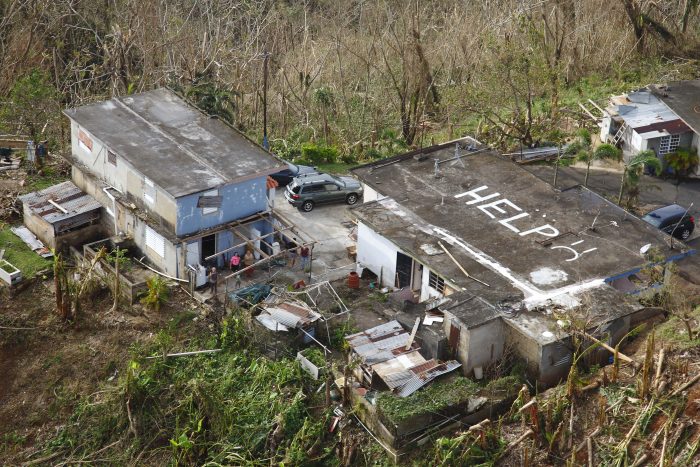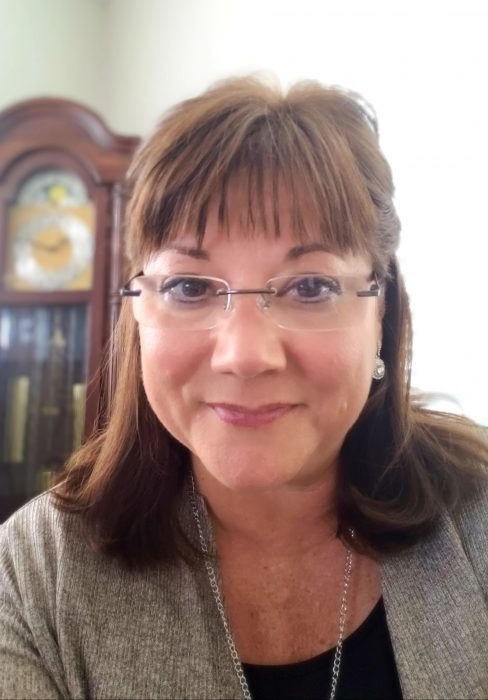Resiliency: Meeting Survivors Where They Are
In the 1950s, an American psychologist named Julian Rotter developed a theory about control. He surmised that individuals either blame outside forces for everything happening in their lives or they believe that they can influence events and hence the outcomes. For organizations such as mine, accepting a person’s locus of control is a significant part […]
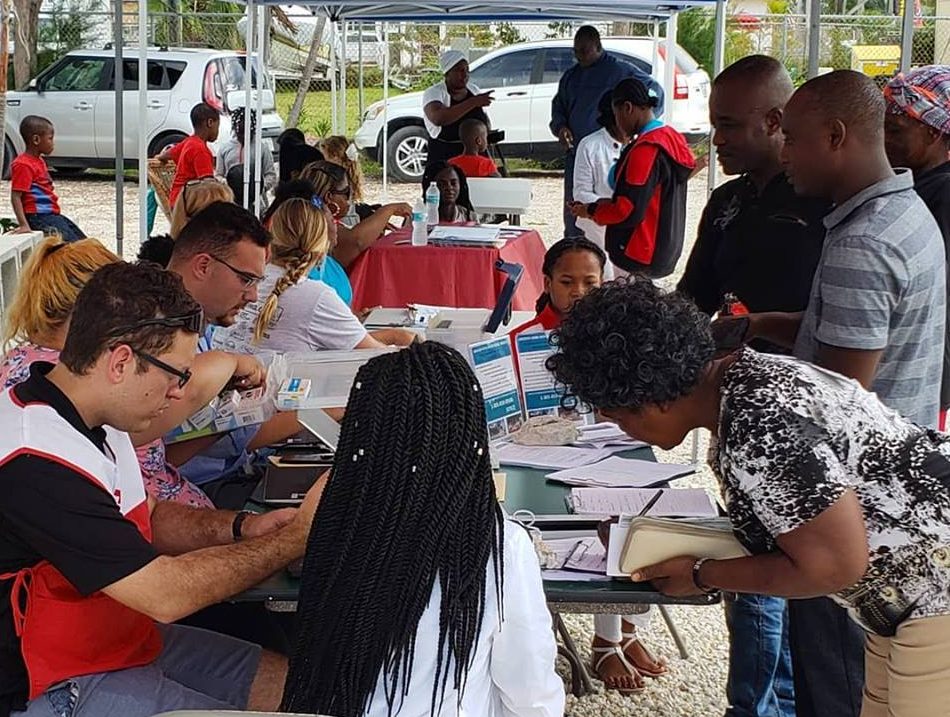

In the 1950s, an American psychologist named Julian Rotter developed a theory about control. He surmised that individuals either blame outside forces for everything happening in their lives or they believe that they can influence events and hence the outcomes. For organizations such as mine, accepting a person’s locus of control is a significant part of the resiliency story after a disaster.
In September of 2017, Hurricane Irma made landfall in the Florida Keys as a Category 4 storm. While no part of this island chain was spared, the City of Marathon and the Lower Keys from Mile Marker 16-40 were hit the hardest. Approximately 1,200 homes were destroyed throughout the Keys, with an additional 4,500 homes receiving major damage, resulting in the exacerbation of housing challenges already faced by our community.
The recovery story in Monroe County has been about empowering survivors to take next steps. In conjunction with nonprofits, faith-based organizations and social service agencies, our Monroe County Long Term Recovery Group (LTRG) coordinates various assistance programs to provide long-term help to Hurricane Irma survivors in the Florida Keys. From spiritual and emotional well-being to physical and financial resources, the LTRG and our partners are working to meet survivors where they are.
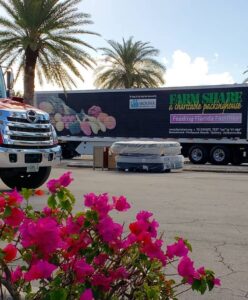 In some cases, an individual needs a disaster case manager to guide him through each and every aspect of the recovery process; while for others, they simply need a little guidance — support in the right direction and they take over from there. Either way, it’s personal and very emotional. With 77,000 residents in Monroe County, creating recovery programming has required a collective action mentality from all of us along with individualized out-of-the-box solutions to meet those needs.
In some cases, an individual needs a disaster case manager to guide him through each and every aspect of the recovery process; while for others, they simply need a little guidance — support in the right direction and they take over from there. Either way, it’s personal and very emotional. With 77,000 residents in Monroe County, creating recovery programming has required a collective action mentality from all of us along with individualized out-of-the-box solutions to meet those needs.
Here are some of the recovery activities underway:
- Roof Repairs to Get People Back in Homes: With a half million dollar grant from the American Red Cross and in partnership with local roofing companies, the LTRG is fixing 35 roofs by the end of January 2019. The Salvation Army has joined the initiative by matching up to $5,000 in building supplies per household.
- Accommodations for Volunteers: With guidance and support from the Center for Disaster Philanthropy, Ocean Reef Foundation and the Florida Conference of the United Methodist Church, a Volunteer Village is being built on an acre of land to provide housing for the much-needed volunteer workers. Using intermodal steel building units designed by Snap Space Solutions, the Village will sleep 20 individuals initially. It is scheduled to open in January 2019.
- Outreach to Vulnerable Populations: The American Red Cross is leading an outreach and engagement effort for underserved populations still reeling from the storm. By going door-to-door in targeted neighborhoods, the Red Cross and local volunteers are directly reaching out to families eligible for Hurricane Irma Financial Assistance (HIFA) funds.
- Mental Health Counseling: Currently, Monroe County has the highest suicide rate in Florida. In response, the LTRG is working with Catholic Charities, Lott Carey and KeysStrong to facilitate small group and individual mental health counseling sessions for those coping with the realities of life post Irma. Although PTSD is a significant issue for some affected by the storm, the upheaval of life because of higher rents, lack of work that can cover the bills and the subsequent emotional strain are simply overwhelming for so many in our community.
- Families into Homes for the Holidays: Together with Farmshare and the disaster case management providers Compass 82 and UMCOR, the LTRG organized two furniture and appliance distributions, helping over 50 families get settled into their homes before the holidays.
The characteristics of resiliency include not only an internal locus of control but a sense of meaningfulness, humor, patience, an action-oriented approach and optimism. With these in mind, the Monroe County LTRG and our partners strive daily to continue helping the citizens in our community recover and adjust to the post Irma reality that is the Florida Keys.
More like this
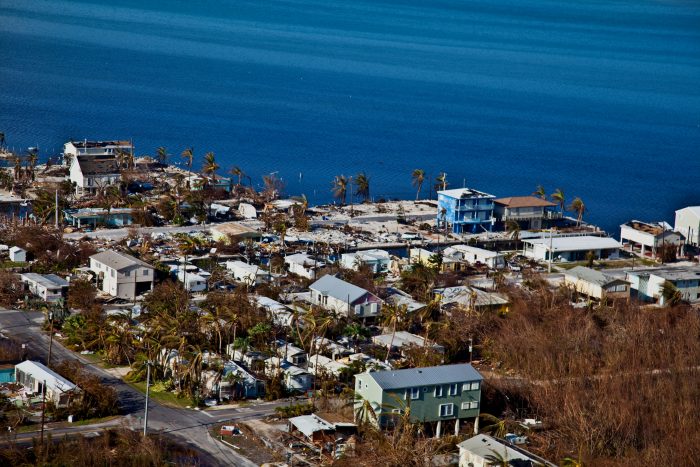
Hurricane Irma Grants Support Housing Recovery
